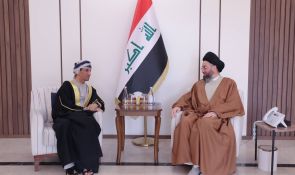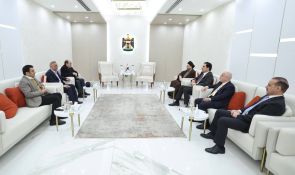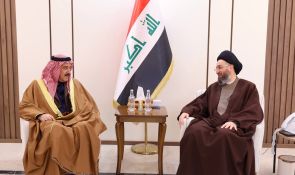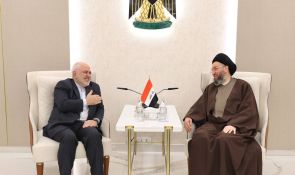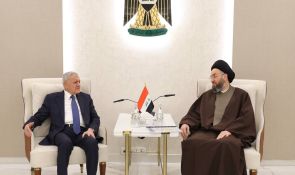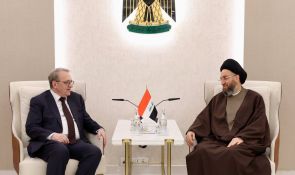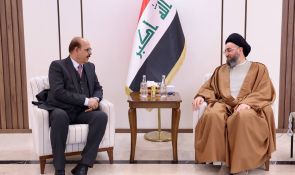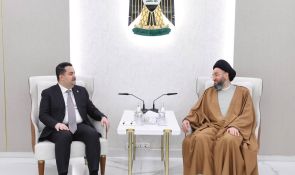Sayyid Al-Hakeem: diversity management is essential to end political crises
In the Taji district of Baghdad and in the guest-place of Sheik Thamir Al-Tameemy, Sayyid Ammar Al-Hakeem, head of Al-Hikma National Movement, met a genuine group of elders and dignitaries of the Iraqi clans in northern Baghdad and in the presence of several political and social figures on 4/6/2022, where H.E. discussed with the elite people on the developments of the political and social scene In Iraq, stressing the national role of Bani Tamim clan and what it represents of authenticity and extension to the entire Arab world.
His Eminence explained the importance of diversity in Iraq and that it constitutes a source of strength and enrichment for society. H.E. referred to the social examples presented by the Iraqi society in the darkest conditions, with its pride in its diversity and components, reiterating the call to manage this diversity and turn it into one of the tributaries of community support and adherence to national identity.
His Eminence emphasized that managing diversity needs to respect the privacies and addresses of each component, whether the address is national or ethnic, and stressed the importance of everyone's presence at the most important and highest commonality represented in the national identity. Adherence to the national identity doesn’t mean canceling all sub-identities, rather it is integration and respect under the unified Iraqi national identity. H.E. expressed optimism about resolving the political impasse and betting on the wisdom of many political leaders from all backgrounds. H.E. also indicated that the national majority represents a solution to the failures left by consensual governments, and we stipulated that it be characterized by a component balance, with the opposition’s support and empowerment legally and legislatively. There is no successful majority without a successful and effective opposition that is able and capable of oversight institutions.


